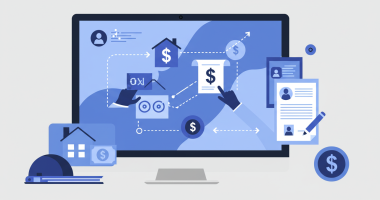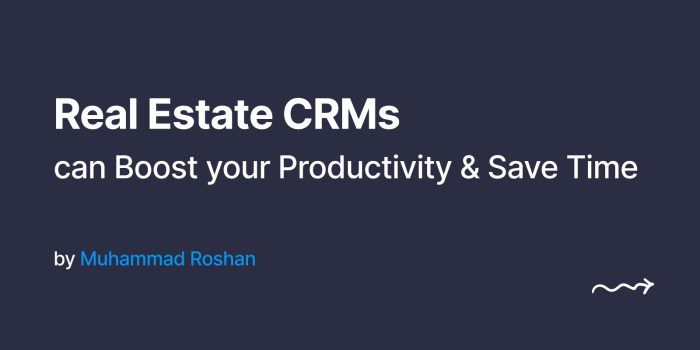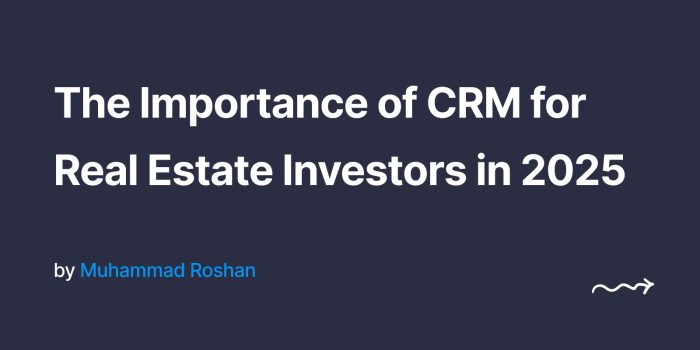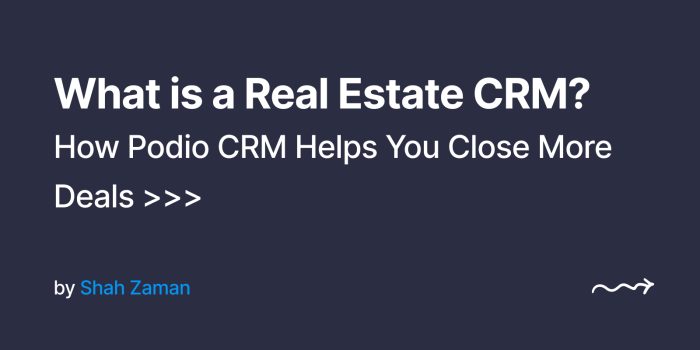Are you ready to take the leap from part-time hustler to full-time real estate wholesaler? Here’s the truth: working more hours won’t guarantee success. But working smarter will. That’s why the transition to full-time needs structure, automation, and a proven system.
The numbers don’t lie. Full-time wholesalers average 5–7 deals monthly. That’s more than double what part-timers manage. The difference isn’t just time—it’s strategy. With the right plan, tools, and technology, your real estate wholesaling business can grow faster and more predictably.
At REI Podio CRMs, we help real estate investors create scalable, efficient systems using Podio CRM, built specifically for real estate wholesaling. This guide will show you the practical steps you need to take to make your full-time leap successful—and sustainable.
Start with a Strong Foundation for Full-Time Wholesaling
Before you quit your job or go all-in, your business needs a solid base. Jumping into full-time wholesaling without planning often leads to stress, missed deals, and unstable income.
According to national data, 73% of full-time wholesalers who succeeded had a structured system in place before transitioning. They didn’t just hope deals would come. They built a system to attract, manage, and close them.
That’s where Podio for Real Estate plays a key role. With REI Podio CRMs, wholesalers automate lead tracking, score sellers, assign tasks, and manage deals from one platform. Instead of juggling spreadsheets or sticky notes, everything lives in one place—organized and accessible.
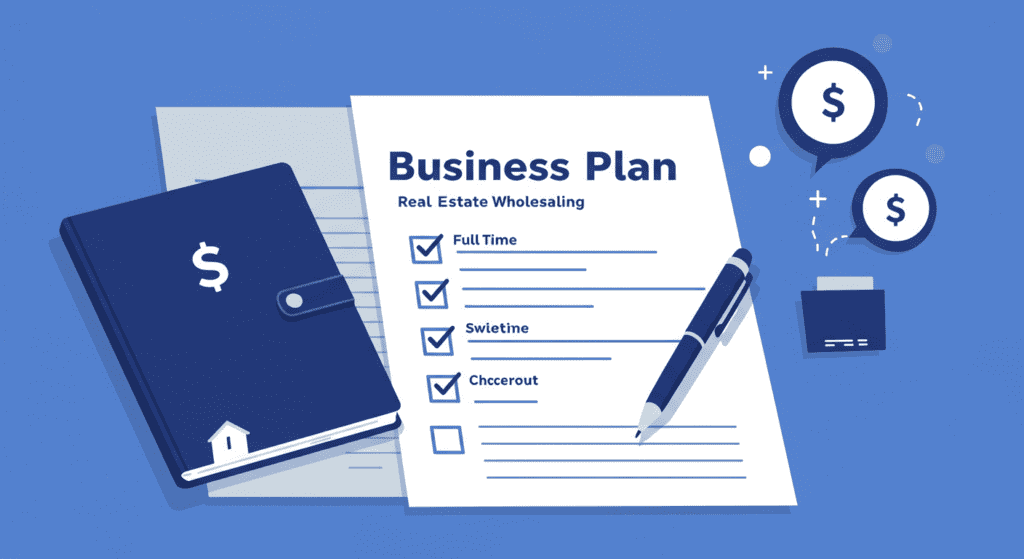
Write a Clear, Focused Business Plan
Success doesn’t come from winging it. It starts with clear goals. A recent 2024 survey showed wholesalers with a written business plan were 2.5 times more likely to succeed full-time.
Your plan should outline:
Your revenue goals—aim for three times your monthly income
A marketing strategy across multiple lead sources
Defined roles—even if you’re solo
Your exit strategy from your current job
Cash flow projections and safety net funds
By planning for the jump instead of reacting, you reduce the risk. Most successful transitions happen when you already have a few deals under contract and a predictable pipeline built.
Build Smart Systems Using Podio CRM
The real difference between part-time and full-time? Systems. You can’t afford to waste time on tasks that software can do better. That’s why CRM for real estate wholesalers is more important than ever.
Podio CRM, customized by REI Podio CRMs, turns your business into a machine. You can:
Automate lead follow-ups
Score sellers by urgency
Trigger task flows based on lead actions
Track deal status and buyer activity in real time
Monitor your KPIs without needing a separate dashboard
The right customized CRM lets you do more with less effort. You’ll spend more time closing deals—and less time chasing paperwork.

Scale Your Business with Focus and Strategy
Once the foundation is set, the next step is scaling. That doesn’t mean more work—it means better work. Top wholesalers spend 60% of their time on high-revenue tasks like sourcing deals and closing contracts.
You’ll need a consistent lead pipeline to keep deals flowing. That includes direct mail, cold calling, digital ads, SEO, and referrals. With a structured real estate wholesaling business, you should never rely on one source alone.
Your CRM should track each campaign, measure ROI, and automate follow-ups. REI Podio CRMs builds marketing automation tools directly into your Podio customization, so nothing slips through the cracks.
Scaling also means building a team. Even solo wholesalers need support. Hire virtual assistants to handle admin tasks. Use bird dogs to scout deals. Build strong relationships with title companies, realtors, and investors. The more repeatable your systems are, the easier it is to grow without burning out.

Technology Is the Engine of Full-Time Wholesaling
Going full-time means replacing manual effort with automation. Wholesalers using dedicated systems like Podio for Real Estate close 31% more deals compared to those using generic CRMs or spreadsheets.
Here’s why:
You capture leads automatically
Follow-up campaigns run in the background
Deal tracking updates in real-time
Contracts and documents are stored and shared without hassle
REI Podio CRMs gives you a centralized dashboard. It pulls together leads, contacts, property details, and financial reports. Everything you need to run your real estate wholesaling business is just a click away.

Master Financial Management Before the Jump
You can’t scale chaos. And you can’t survive full-time wholesaling without a financial plan.
Successful wholesalers often save $50,000 or more before going full-time. That buffer allows them to handle slow months, test campaigns, or hire help without stress.
Your budget should include:
Marketing spend (25–30% of revenue)
CRM and software costs
Team payments and commissions
Emergency funds for personal expenses
Taxes, legal, and business filings
Podio CRM helps track every transaction. With REI Podio CRMs, you can monitor marketing spend, deal revenue, and profit per campaign. This data lets you make smarter decisions and forecast growth without guessing.

Plan the Transition Like a Pro
Going full-time isn’t just about income—it’s about stability. Stats show that wholesalers with 6–12 months of savings are 82% more likely to succeed in their first year.
Before you quit your job:
Make sure you have 3–5 deals in progress
Have a list of buyers ready to close
Confirm your marketing systems are running
Ensure your CRM is set up and tested
Have backup funding for personal and business expensesREI Podio CRMs helps you build that pipeline. With automation, follow-up tracking, and reporting tools, you’ll know when your business is

Stick to the Habits That Drive Full-Time Success
Time management is everything. Successful wholesalers plan their day around high-impact work—calling sellers, meeting buyers, and closing deals. Use your CRM to schedule your day and track tasks.
Relationship building is another key. The more people who know what you do, the more deals you’ll see. Use your CRM to log conversations, remember key dates, and build real connections.
Technology is your team. With REI Podio CRMs, you get the best CRM for real estate wholesalers & investors, built specifically to manage deals, automate marketing, and handle documents with ease.
And finally, measure what matters. Successful full-time wholesalers track:
Conversion rates (8–12%)
Average deal value ($15,000–$25,000)
Closing time (30–45 days)
Marketing ROI (300–400%)
Cash reserves (at least $30,000)
Active deals in pipeline (15–20 minimum)
Your CRM should make all this easy. With Podio customization, you get dashboards, alerts, and reports that help you stay ahead—not just catch up.

Real-Life Example: John Martinez’s Full-Time Transformation
John Martinez went full-time after two years part-time. Within six months of using REI Podio CRMs, he scaled from 2 to 8 deals per month. Here’s how he did it:
Lead response time dropped from 24 hours to 30 minutes
Deal analysis time fell by 75%
Marketing ROI rose by 60%
Close rate jumped from 15% to 28%
His success didn’t come from working more. It came from using the right systems and tracking every part of the process.
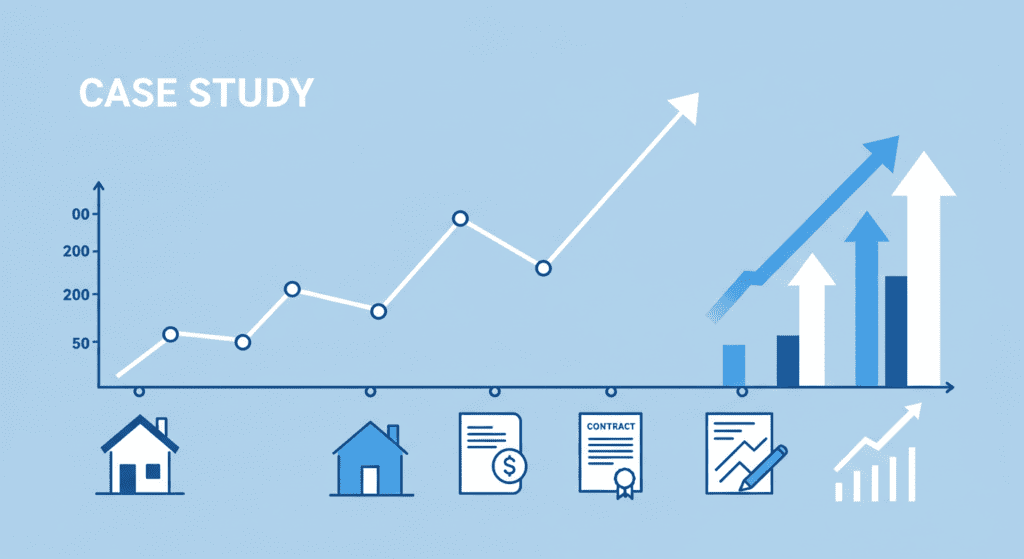
Final Word: Go Full-Time with Confidence Using REI Podio CRMs
Transitioning to full-time real estate wholesaling isn’t about leaping. It’s about taking the right steps.
With a clear plan, smart systems, and powerful tools like Podio CRM, you can build a business that supports your goals and your lifestyle.
At REI Podio CRMs, we help wholesalers like you move from part-time chaos to full-time consistency. We build systems that work. We help you track what matters. And we give you the tools to grow.
Ready to make the leap?
Visit https://podiocrms.com today and schedule a consultation. Let’s build your full-time future together.
FAQs
What’s the biggest mistake wholesalers make when going full-time?
Not having systems in place. Without automation and structure, deals fall apart fast.
How does Podio CRM help wholesalers go full-time?
It automates lead tracking, manages deals, and simplifies follow-ups, saving time and increasing deal flow.
Is REI Podio CRM only for teams?
No. Solo wholesalers use it too. It works for any business size looking to scale efficiently.
Can REI Podio CRMs track my financial metrics?
Yes. You can monitor marketing spend, deal profits, and cash flow from your dashboard.
How soon can I transition to full-time wholesaling?
Once you have savings, consistent deals, and working systems, then it’s time.

